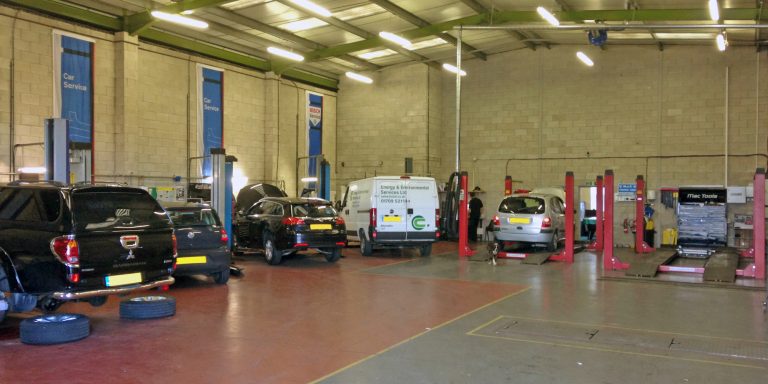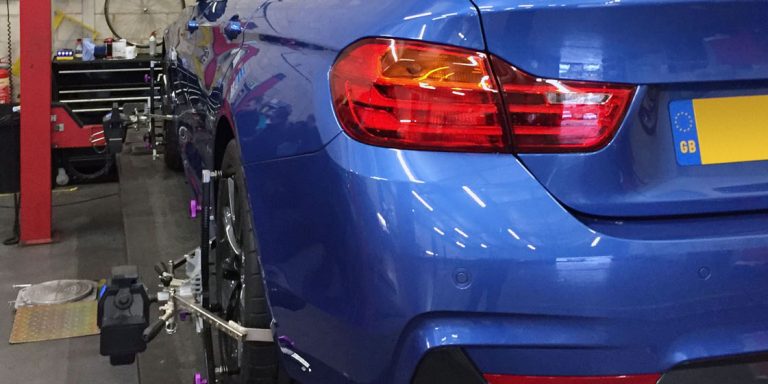Walker Cutting is a Bosch Car Service Centre in Rotherham

Walker Cutting provides professional, great value MOT testing, repairs and car servicing in Rotherham for all makes of cars, commercial vehicles and motorbikes, including electric and hybrid models. In addition, we are independent Jaguar Land Rover and German car specialists.
We are pleased to provide a genuine alternative to expensive main dealers as our status as a Bosch Car Service Centre means that we can repair and service vehicles that are still under warranty with no loss at all of warranty coverage.

Bosch Car Service Centre

Walker Cutting is your local independent Bosch Car Service workshop in Rotherham.
We’re pleased to be part of this respected network of quality garages where we offer you a wide range of services that will cover all your car repair and maintenance needs. Our technicians are all qualified and have combined decades of experience, and we guarantee no loss of warranty coverage.
JLR & German Vehicle Specialists

Your trusted JLR & German vehicle specialist repair & service centre in Rotherham.
We are a registered service provider for all German makes and for JLR, offering a complete range of repairs and servicing at a fraction of the price of the main dealers. We have dealer diagnostics and guarantee you a manufacturer standard of service with absolutely no effect on your dealer warranty.
What our customers think...
Very helpful and very fair
My car was having electrical starting problems and they conducted some initial diagnostics for me to get to…
Great service and friendly team
I recently went to Walker Cutting for an MOT and service. Due to an injury I couldn’t drive so the team were…
They are highly competent, efficient and friendly
Walker Cutting have just fitted my car in to their busy schedule for an emergency repair, which was completed…
Better than the main dealer
Used these for servicing of my last 2 c class coupes. Really knowledgeable guys who are happy to talk through…
Fantastic service guaranteed
Fantastic service guaranteed. I've used Gary and Mark at Walker Cutting for over 6 years and when my brakes…
Really friendly, knowledgeable and thorough
Used for years for my car and have now started taking the wife's after her service plan ended. Really…
Always a high standard of work
I have been using Walker Cutting for around 6 years now, not only do they service our company vehicles but…
First class service
I have used Gary and Mark at Walker Cutting for almost 10 years and I advised my dad who is 79 to give their…
Our Location
Find Us
Unit 4, Amber Court Business Centre
Rawmarsh Road
Rotherham
South Yorkshire
S60 1RU
01709 828220
Opening Times
| Monday | 08:30 - 17:00 |
|---|---|
| Tuesday | 08:30 - 17:00 |
| Wednesday | 08:30 - 17:00 |
| Thursday | 08:30 - 17:00 |
| Friday | 08:30 - 17:00 |
| Saturday | 08:30 - 12:30 |
| Sunday | Closed |





© Walker Cutting - 2024





